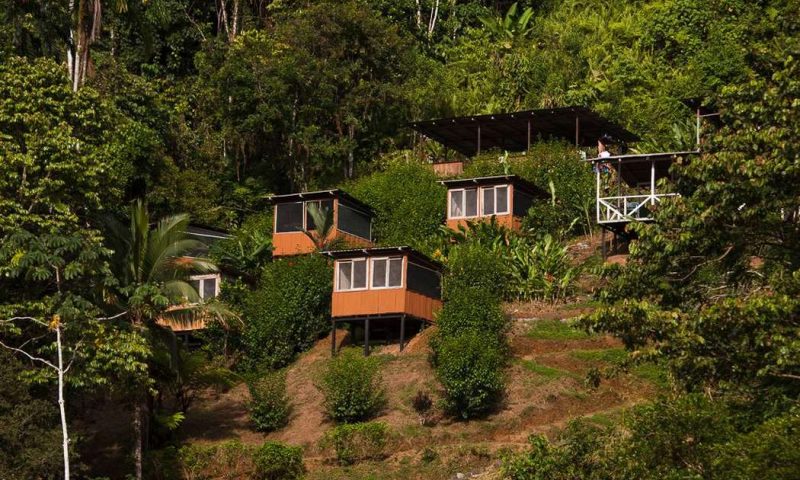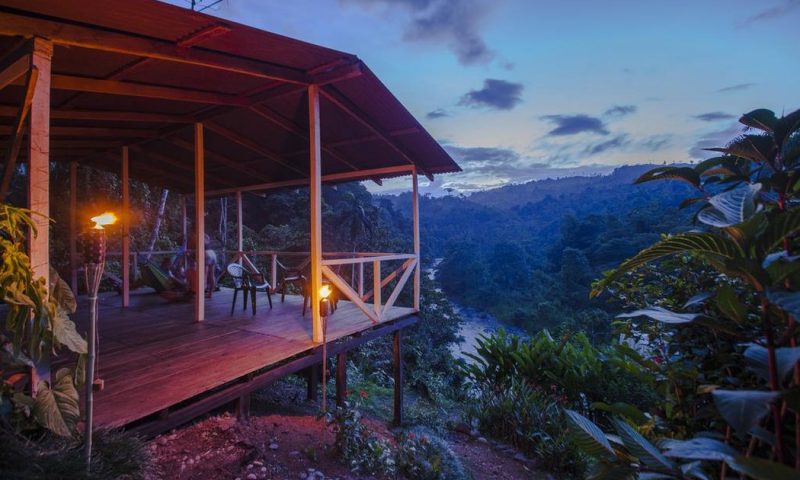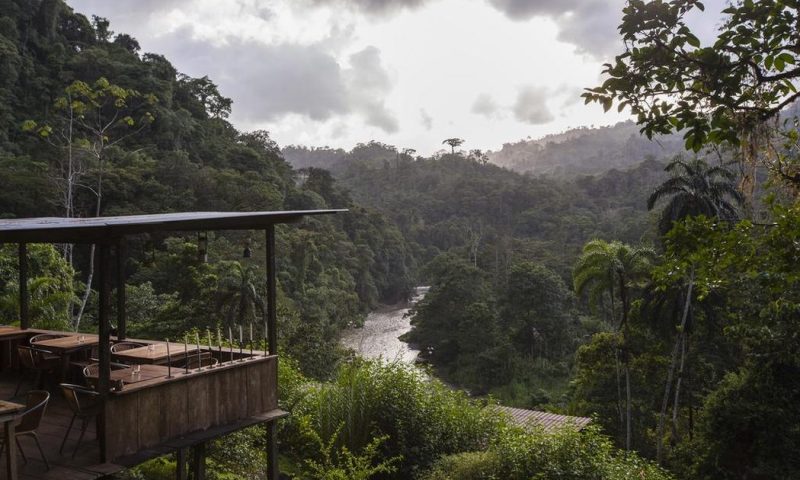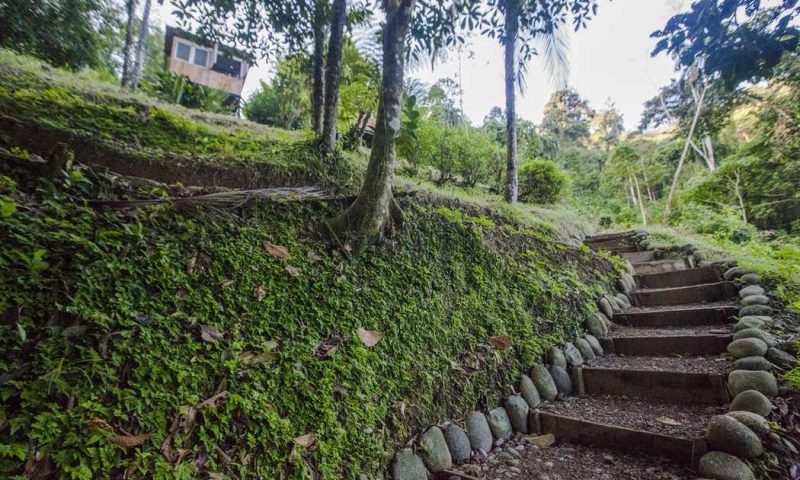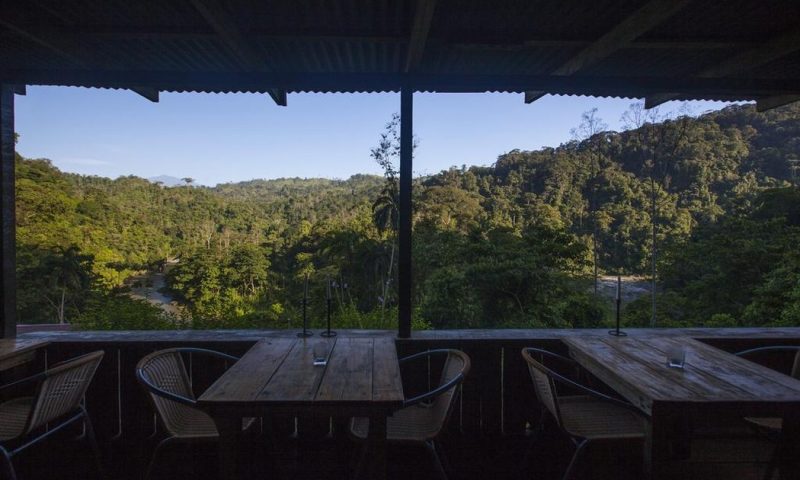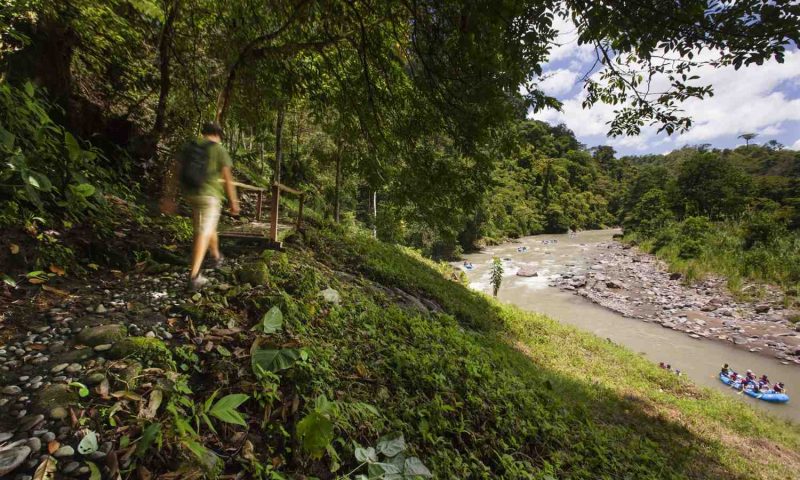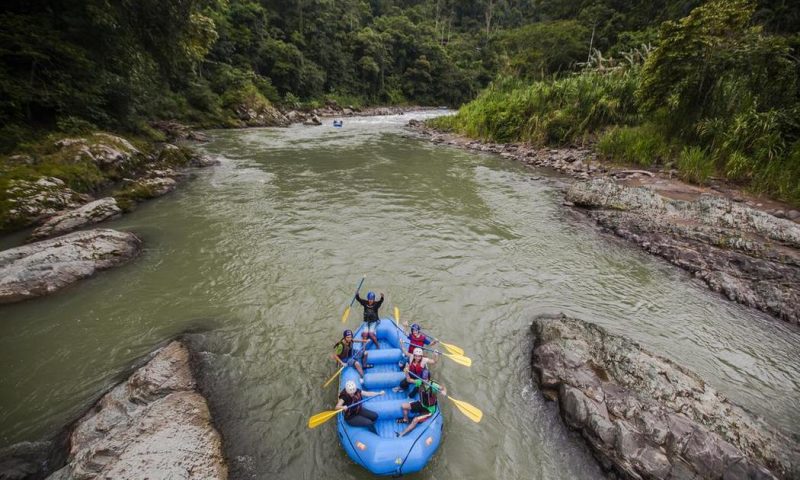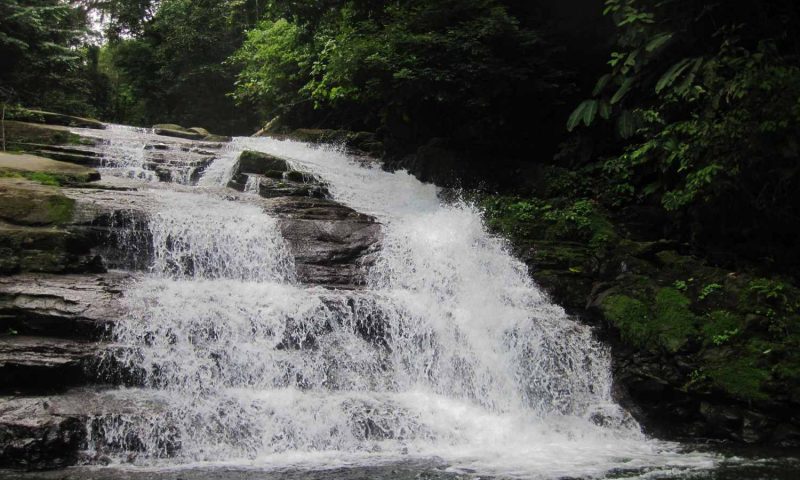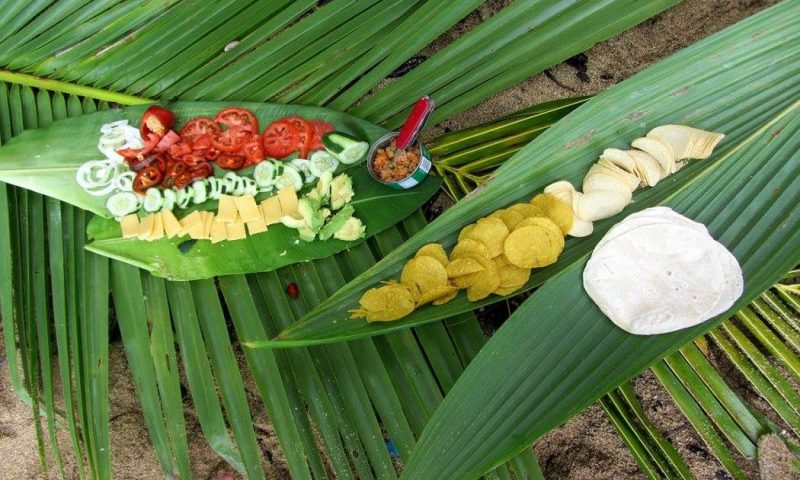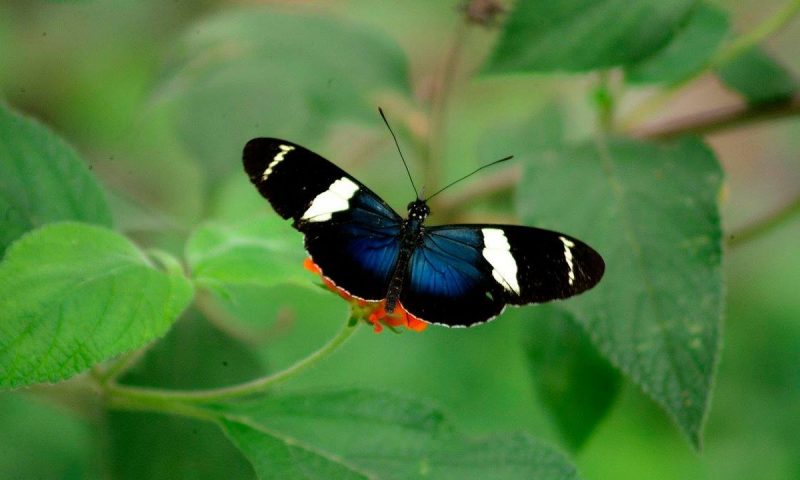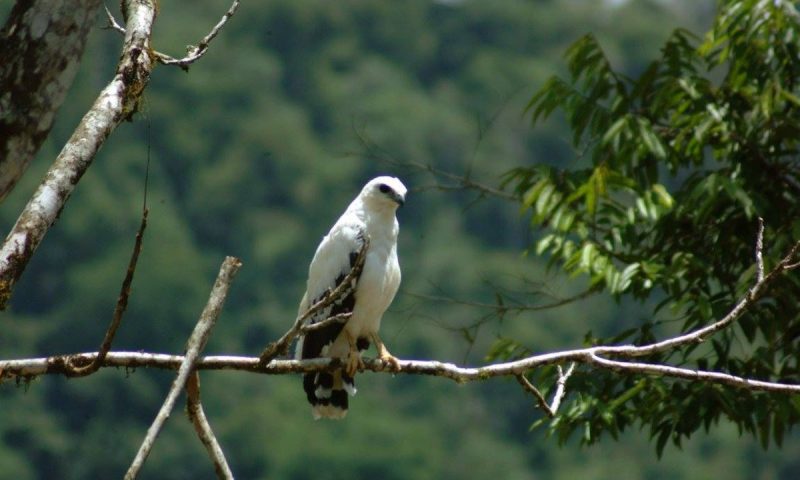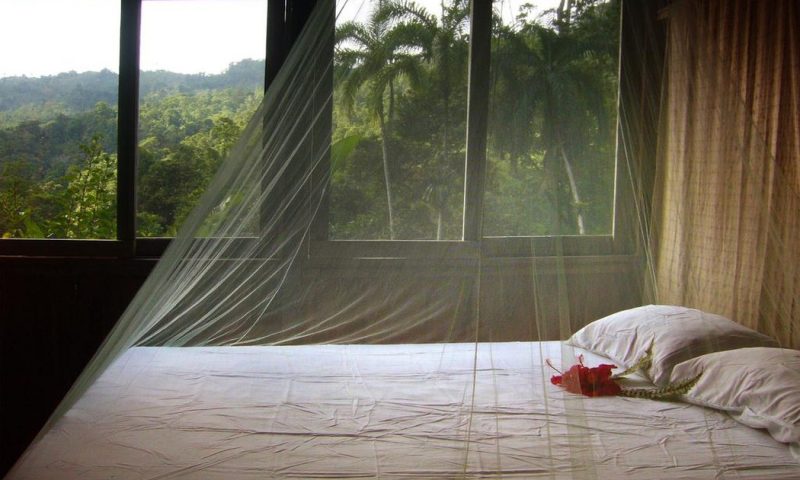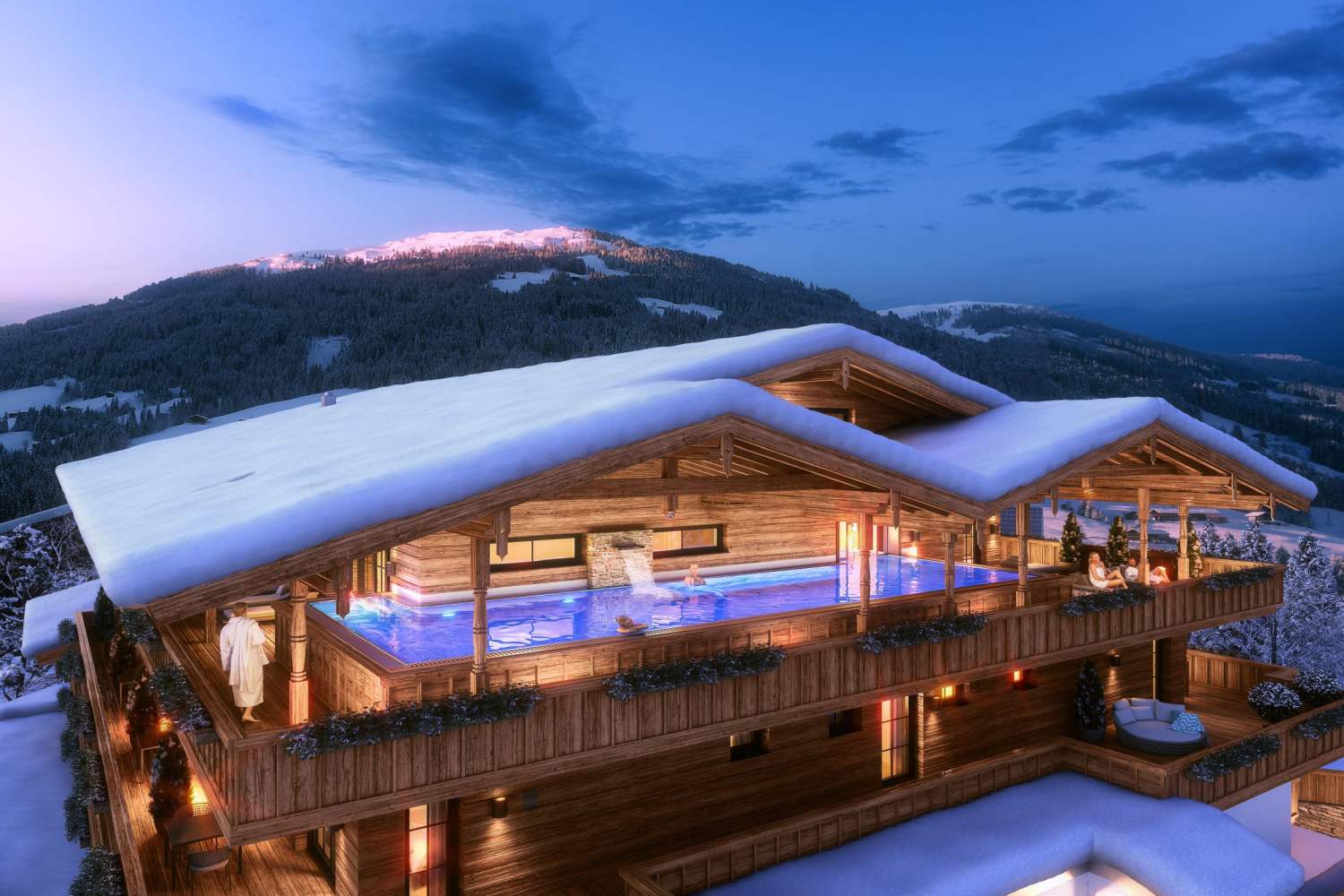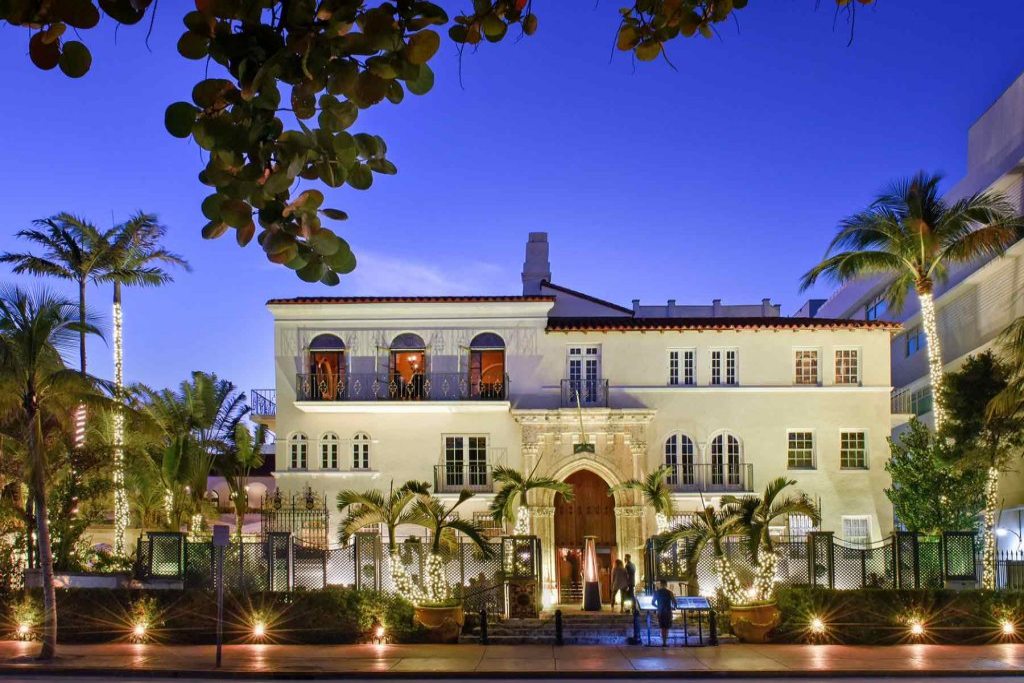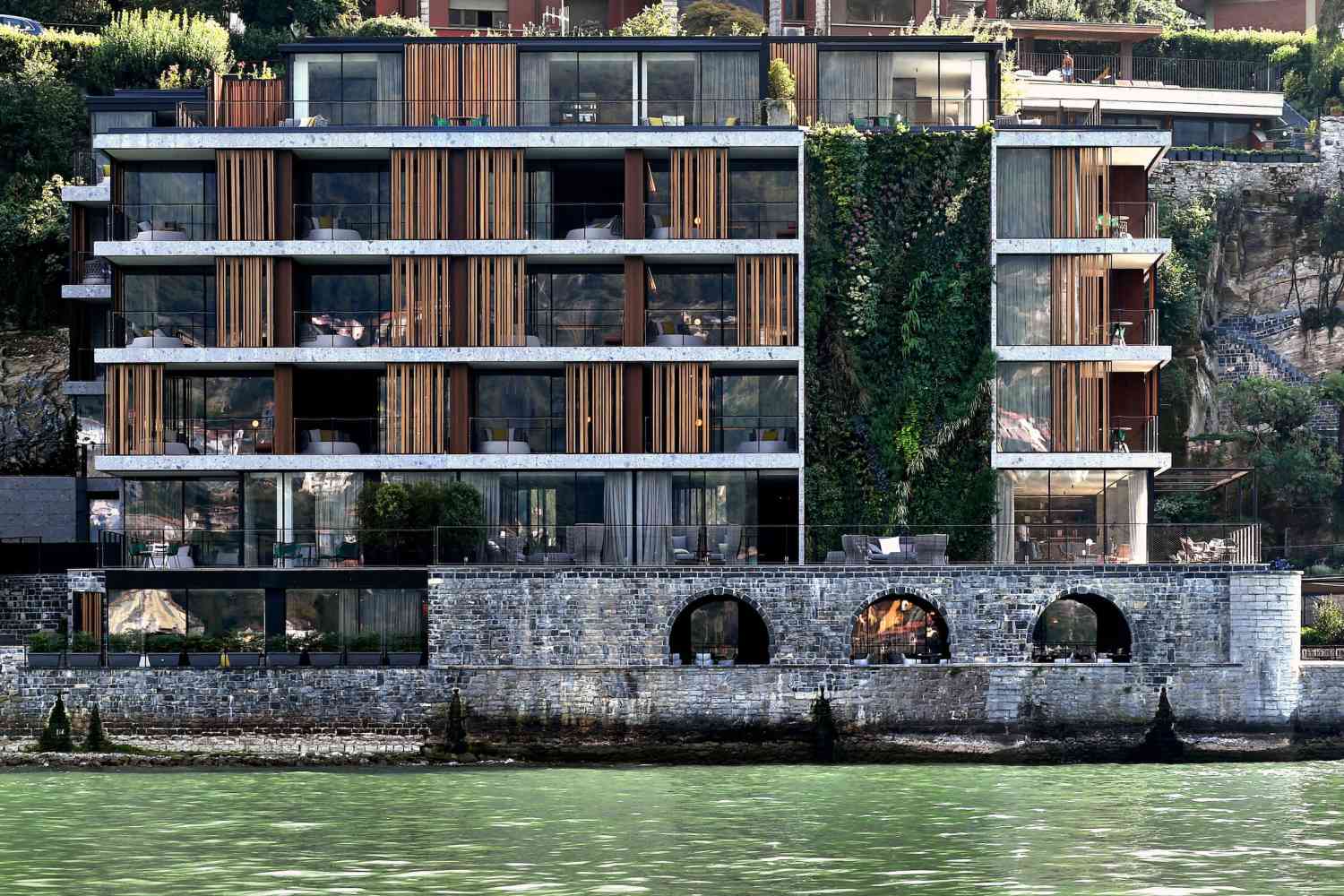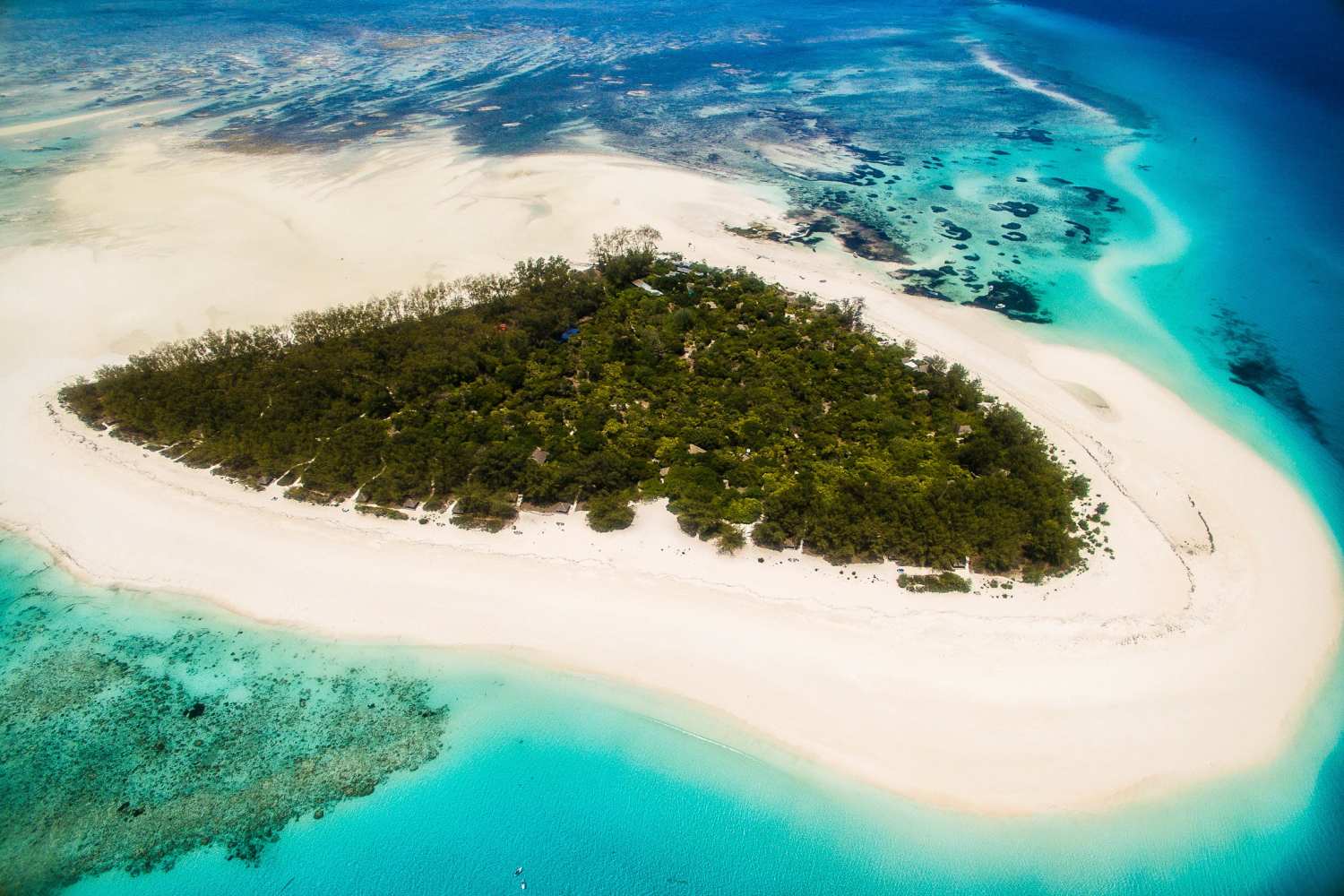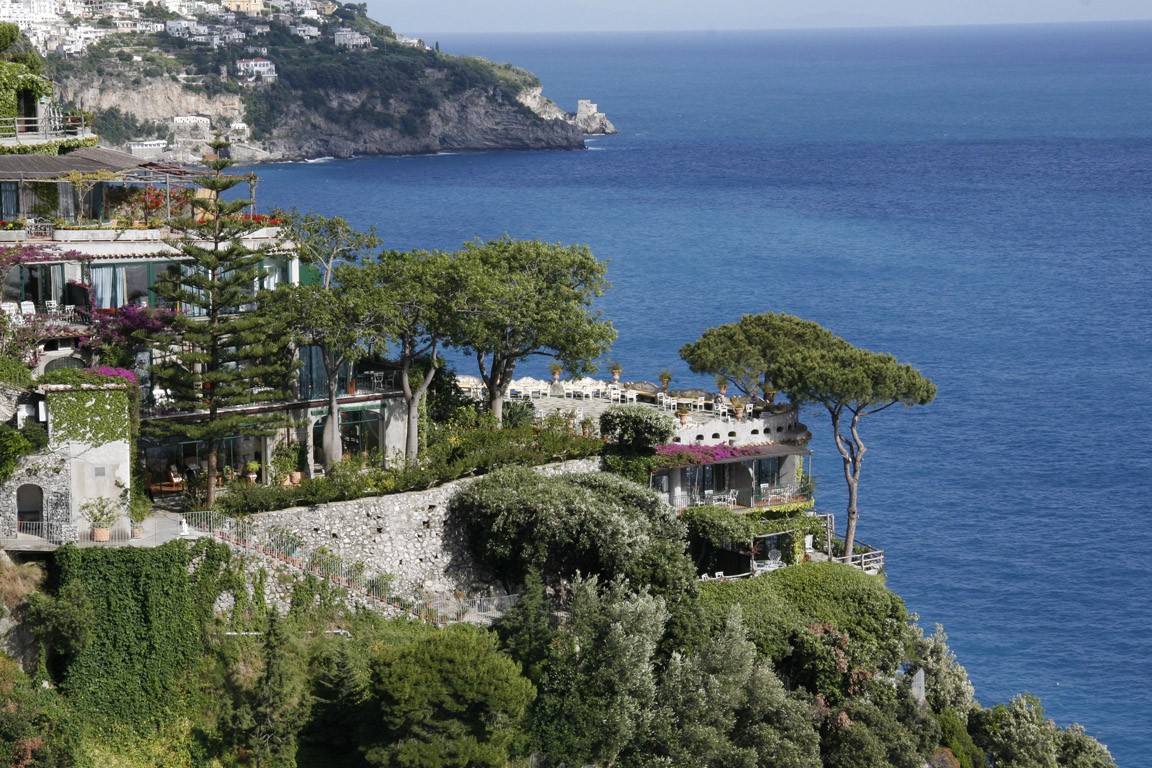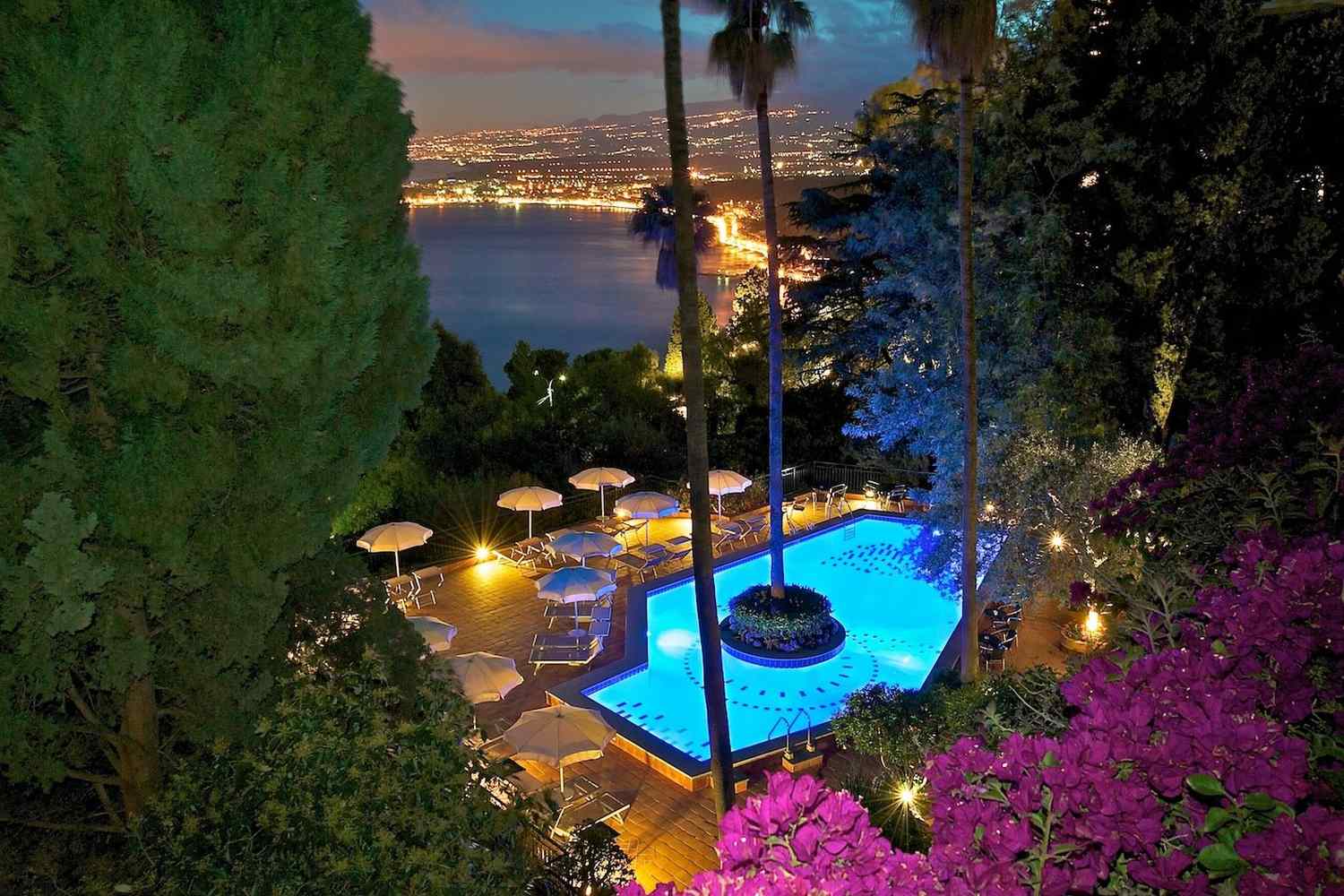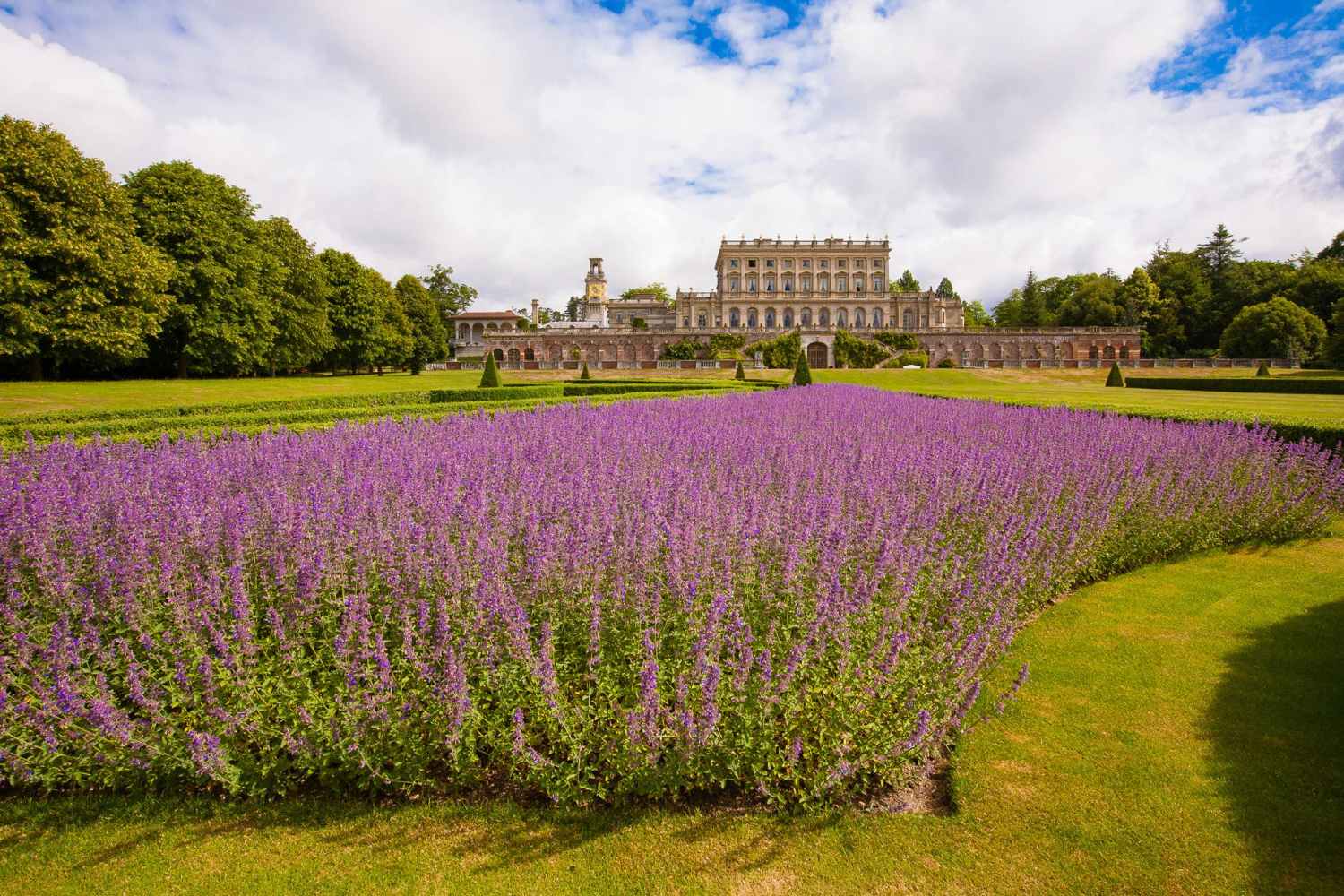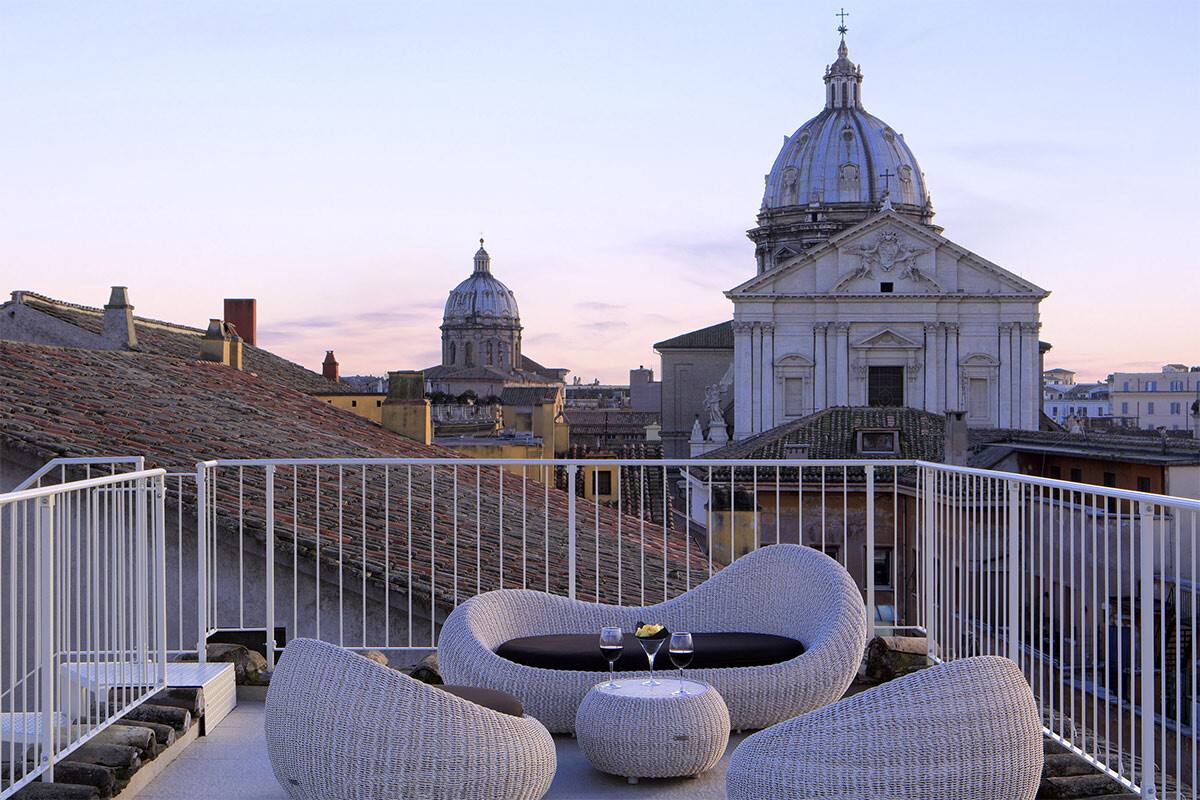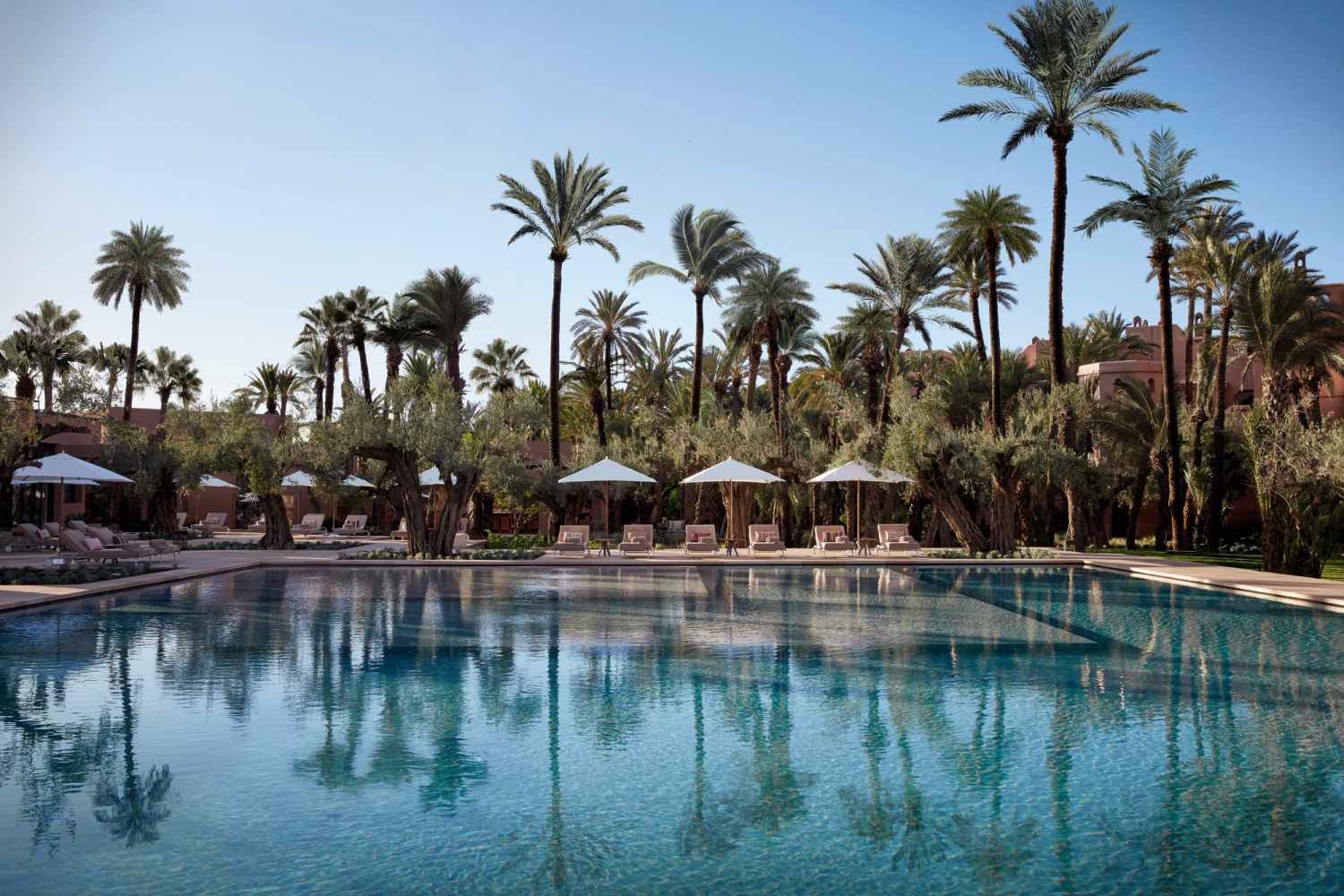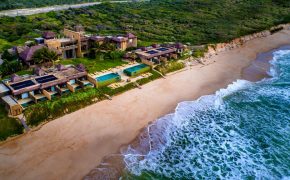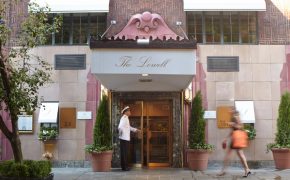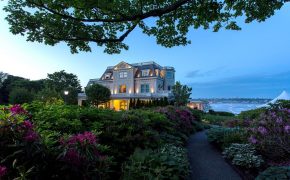Ave Sol River Sanctuary is a river lodge and nature reserve that offers simple and comfortable cabin accommodation in the heart of the Pacuare River basin. It is how you might picture Costa Rica before exploration; one of the precious places where you can really experience nature at full volume.
As Ave Sol comes into view, rapids give way to a natural pool which has formed along the bend in the river. Our cabins rest high on the banks of the Pacuare, greeted every morning by the songs of the native bird life and the river itself.
The view is unique (even among properties along this stretch of the river) encompassing panoramic extensions up and down-river, with the highly active Turrialba volcano steaming in the distance.
We engage specialized rafting operators to run our private tours. By far the most popular way to access Ave Sol is by rafting down the river, however for casual guests we can also be reached by road with a short walk and river crossing in a cable car.
Ave Sol was first constructed by hand, without electricity and using sustainably harvested wood from our land. Other construction materials such as the roof tops were crossed over the river on rafts.
The patronage of our guests allows us to continue the development of Ave Sol without damaging the finely balanced ecosystem. The presence of visitors is also a powerful deterrent against poachers, illegal logging and illegal dam construction; simply by your presence, enjoying the river and forest, you help us to keep it safe.
Ave Sol is part of the locally owned company Rie Rio Pacuare, with the main objective of protecting the Pacuare River basin’s natural ecosystems.
The company was formed by a team of professionals in biology, natural resource management, veterinary science and tourism working in the Talamanca Mountain Range in order to promote wildlife conservation and sustainable development.
We work to achieve a successful alignment between, tour operators, universities, NGO’s and local rural and indigenous communities to ensure that growth in our region is sustainable and equitable.
HISTORY OF AVE SOL
ALVARO FARIAS GARITA, FOUNDER
“From my early years growing up in Costa Rica, I was always in nature and began volunteering as a young adult with the National Parks Service.
When I became a river guide in 1999, I was introduced to the Pacuare River for the first time and it was love at first sight. I rafted daily through the canyon, waterfalls and dense rainforest, knowing it was largely inaccessible via road and trails. I enjoyed every moment and felt that I needed to give something back.
In 2004, when they started attempting to build a dam once again on the Pacuare, I decided to make this river part of my life and joined the community effort. We won some tough battles in order to protect this river and this challenge continues today.
In 2007, the river itself guided me to Ave Sol. For years we had rafted by an abandoned cattle farm which had recovered into secondary forest. A ‘for sale’ sign had become a part of the landscape. What I was soon to discover was that the majority of this land was mature rainforest.
After purchasing the 120 acres from the elderly owner, I opened a thin trail using my machete to prepare for my first night on the land. With the company of a candle, I found a place to sleep in a very old, tiny shack that was the sole structure amidst the forest. A
s night began to fall, so did the rain. A storm quickly came over in full force, I could see the trees being pulled back and forth with the wind and it felt like the lightning would hit the shack.
The roof leaked and I was awake all night soaking wet. But in the calm of the early morning, I realized this was my welcome from all the power of nature, the Spirit of the Pacuare River was happy to feel my presence.
When I rose that morning with the mist of the river, the forest, the volcano, I felt a duty to keep this place pristine and share the feeling it inspires with many people.
I believe that the more people come to know and love the Rio Pacuare and its forest, the more strength we gain to care for it, allowing it to flow powerful and free…and finally be declared protected, forever.”
FACILITIES
Ave Sol is a remote river lodge, it is a place to disconnect from the noise of modern life and get back in touch with nature. As part of our vision is to keep this sense of remoteness, we run our lodge without the need for electricity. If you are seeking simplicity in nature, you will find Ave Sol an ideal place of retreat.
The rustic cabin accommodations contain a comfortable bed and mosquito net, solid roof and walls with panoramic windows. Instead of using high impact building materials such as concrete and brick, Ave Sol uses timber sustainably harvested from our own reserve, mostly from fallen or at-risk trees.
THE RESERVE
Ave Sol River Sanctuary is located in the Caribbean foothills of Costa Rica near the town of Bajo Tigre in Siquirres, Limon. It borders the Nairi-Awari Cabécar Indigenous Reserve and other protected areas that cover much of the Talamanca Mountain Range.
Its land surface of 120 acres connects with the country’s largest area of continuous rainforest. We protect this reserve as a refuge for a great number of species of flora and fauna native to these rich ecosystems.
We are also part of efforts aimed at restoring connectivity between the Central Volcanic & Talamanca mountain ranges. The historical and geological connection facilitates gene flow between countless wildlife populations.
The region is distinguished for having the highest populations of birds and mammals within Costa Rica, along with high numbers of endemic and endangered species.
Although protected by the Costa Rican government and UNESCO, it is a region with little technical and scientific information. Generation of ecological data is a goal and priority for the conservation of these unique and important ecosystems.
HABITAT PROTECTION
Ave Sol is located in the Caribbean foothills of Costa Rica, an area that forms a geological connection between the Central Volcanic and the Talamanca mountain ranges. It’s a corridor which facilitates gene flow between countless populations and species. If this area were to be clear cut and developed, the impact on biodiversity would be devastating.
Habitat fragmentation is, by far, the biggest threat for wildlife species worldwide. The first step to prevent species loss is protection of remaining natural ecosystems, then working to maintain and increase functional connectivity between them. This is the cornerstone of modern conservation efforts.
We are currently protecting over 120 acres, part of the country’s largest stretch of continuous forest. If you do come and visit us here, take a little wander southeast, to the top of the ridge line.
You could walk in that direction for weeks before finally emerging from the forest in Panama. This is a Biosphere Reserve protected by a partnership between the governments of the two countries and it’s a totally amazing landscape! We say the words wild and wilderness a lot, but it really is true.
Our region is distinguished for its high level of endemism (unique to one geographic area). Not only that, but it is also the area richest in bird and mammal species in the whole country.
Many of these are endangered or protected, but what is really important to biologists is that even more are yet to be documented scientifically. So gathering data is of critical importance before we can understand these complex ecosystems, and all of their charming inhabitants.
SCIENTIFIC RESEARCH
Tropical rainforests are among the richest and most productive ecosystems in the world, and as we have seen, this region of Costa Rica in particular bears an incredible ecological importance.
Only if we know and understand it can we manage it effectively, working with competing concerns to create innovative and mutually beneficial solutions.
Currently, we’re supporting our Scientific Director Gustavo Castro with his research. Our region has been identified as one of the key biological corridors to restore jaguar connectivity and gene flow.
By the use of camera traps and other techniques, Gustavo is shedding light on how this occurs. His work covers factors such as species occurrence, vegetation type, canopy cover, tree density, human population density and road density, among others.
Camera traps have proved to be an essential tool in the study of elusive species such as the jaguar. The great advantage of camera trapping is to be able to record very accurate data without the animal being captured.
Cameras minimally disturb wildlife and replace the use of more invasive survey and monitoring techniques such as live trap and release.
They operate continually and silently, provide very valuable information about species biology and behavior with very important management implications that can lead to better policy decisions, and are a cost effective monitoring tool.
Camera traps have been used to determine species occurrence and abundance, track and scat identification, forest and corridor dynamics, among many more applications in ecology and other fields.
Building on the success of this project, TAJA seeks to be a connected and capable facilitator for scientific research, bringing scientists together to gain an understanding of the fundamental processes that govern tropical ecosystems and corridor ecology through basic and applied research.
We want to provide physical facilities (lodging, major instrumentation, study sites) and services (logistical support) that enable scientists to operate effectively in our region.
We also have a more specific interest in fostering socially impactful studies in addition to science purely for conservation. This is a very complex field requiring strong cooperation with many different groups from communities, business, government and NGO’s. Fostering this level of cooperation is our ambitious long term goal. Fortunately, there are many in our area who share our vision.
CULTURAL HERITAGE
The indigenous people of this area are the Cabécar, who have retained much of their culture and traditions over thousands of years, living in harmony with the rainforest.
The Cabécar lifestyle is divided between two worlds: the ‘near space’ which includes their homes, gardens and crop fields, and the ‘far space’ of the lush rainforest that surrounds them.
They have a great knowledge of their environment, superior skill in hunting and fishing, and collect all sorts of plants for food, medicine, crafts, house building and many other uses.
The Cabécar people live in relatively isolated communities and there are times when they need to visit the outside world to access goods and services that are not available in the forest.
The distances they must travel also make trade, employment and communication with the outside world very difficult. Sharing their culture with our guests is a great way for them to meet these challenges and maintain their unique culture at the same time.
We offer guided walks up to the local village where guests can see the neatly constructed traditional huts, visit the local school where the children are always as curious as their visitors, learn about forest lore and techniques and let a few quarrels fly with the traditionally made bow.
SUSTAINABLE TOURISM
Our guests come for the experience of this place, to escape, and to relax. For many, the overwhelming beauty of this place also fans a curiosity about what might be possible, what we can do to make this natural harmony more a part of our everyday lives, and how we can protect these places.
We give our adventurers an insight into the world of the fascinating creatures we share our home with, their personalities, the beautifully complex relationships between them, and just how interconnected all life here is with the wider world.
For people seeking these experiences, Ave Sol River Sanctuary combines the exotic, the endangered, the primitive, the untouched; a spectacular and powerful space for understanding our place in the world and how to share it.
At Ave Sol, environmental education is one of the best tools we have to create a cultural shift towards environmental sustainability. We currently pursue this through our educational field trip program (available on the three day trip) where our guests become field biologists for the day.
Scientific director, Gustavo Castro, has been sharing his expertise with all of us so your guide can take you behind the scenes of a scientific study.
They explain the equipment used and the research taking place and how they contribute to the rich tapestry of knowledge these 21st century wizards are weaving with their powers of data and insightful observations.
If you are lucky you may even encounter Gustavo in his natural rainforest habitat, patrolling his territory and contemplating some deep mysteries of science. But only if you are lucky enough!
We acknowledge that our education program is a small step towards a very lofty goal, and we are poised and ready to expand this program as our resources and network grow. There are some important challenges our community faces on a local level, balancing economic growth with long term sustainability.
Targeted education projects will play an important part in moving forward. We are very thankful to you, our guests, who empower us to pursue these programs with your patronage.
WHITEWATER RAFTING ON THE PACUARE RIVER
The Pacuare River is famous for its incredible scenery – its unique canyon, extraordinary biodiversity, pure and free running waters and thrilling rapids. Feel the spray of one of the most beautiful waterfalls on the tour, which cascades powerfully into the river itself.
The Pacuare is considered among the ten most beautiful rivers in the world and is also one of the top five for whitewater rafting. We engage specialized rafting operators to run our private tours.
Their experienced staff and bilingual guides have extensive knowledge of the river along with quality equipment and commitment to safety, guaranteeing a spectacular trip.
The rafting trip starts at Finca La Cruz giving you four extra miles of rafting compared to other operators on the river. You will enjoy exciting rapids along the Class III interspersed with calmly flowing sections which allow you to take in the ambience of the surrounding forest.
On the way down we stop at pristine creeks and waterfalls to enjoy a swim and hopefully spot some of the unique resident wildlife. Your guides are there to support your needs, preparing delicious food and ensuring your safety and enjoyment throughout your trip.
RICH NATURAL AND CULTURAL EXPERIENCES
We are privileged to have Cabecar families as our neighbors. The Cabecar community represents the largest ethnic group in Costa Rica, with strong traditions and culture, and are very welcoming of visitors to their land.
Hiking through the protected Indigenous reserve will allow you to develop a deeper appreciation and understanding of the rich biodiversity of this region. Visitors will experience Cabecar culture, preserved over thousands of years, and learn about some of their modern challenges.
We offer guided walks up to the local village where guests can see the neatly constructed traditional huts, visit the local school where the children are always as curious as their visitors, learn about forest lore and techniques and let a few quarrels fly with the traditionally made bow.
EXPLORE THE SECRETS OF TALAMANCA THROUGH WALKS AND TRAILS
Our visitors will become biologists for a day, learning about the life of the jaguar, one of the most charismatic and emblematic species in the world.
Cameras responsive to body heat and movement have been positioned at various locations on our property in order to collect information about wildlife populations, particularly the jaguar and its prey.
Another blessing on our reserve is a very old and rare Cola de pavo tree (Hymenolobium mesoamericanum), found along a beautiful trail through primary rainforest.
Venture into the wild and choose from easy through to challenging mountain trails, finding wildlife and their tracks, endemic plant species, rock pools, creeks, waterfalls, and other natural treasures.
